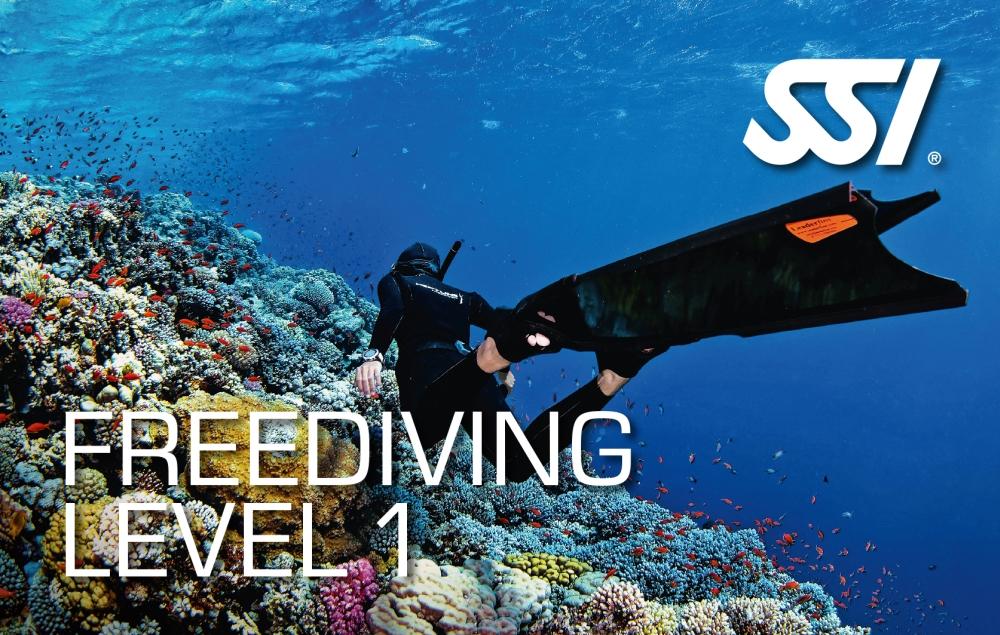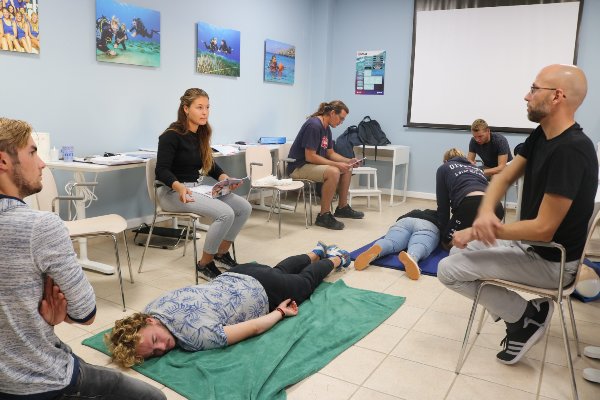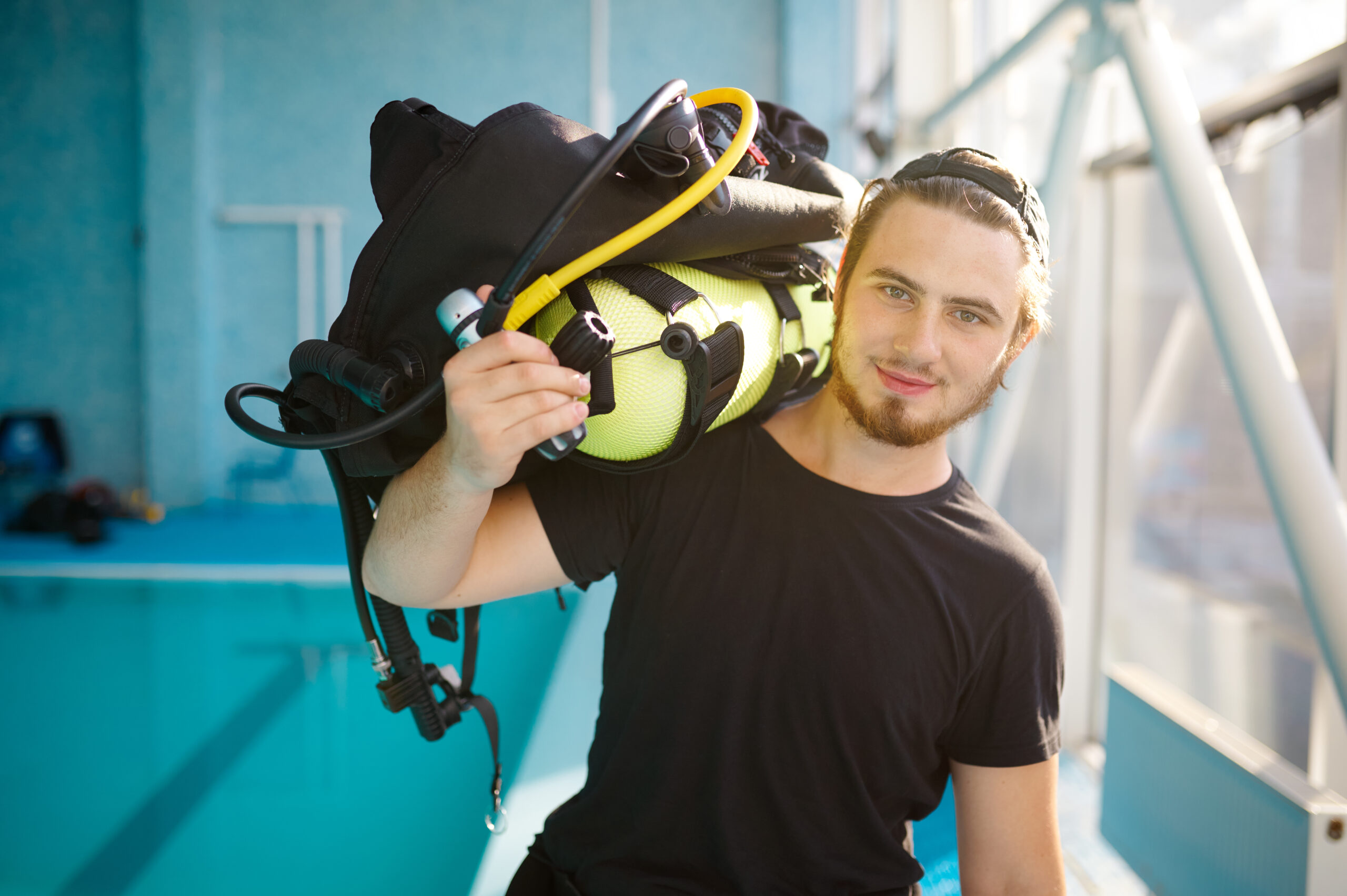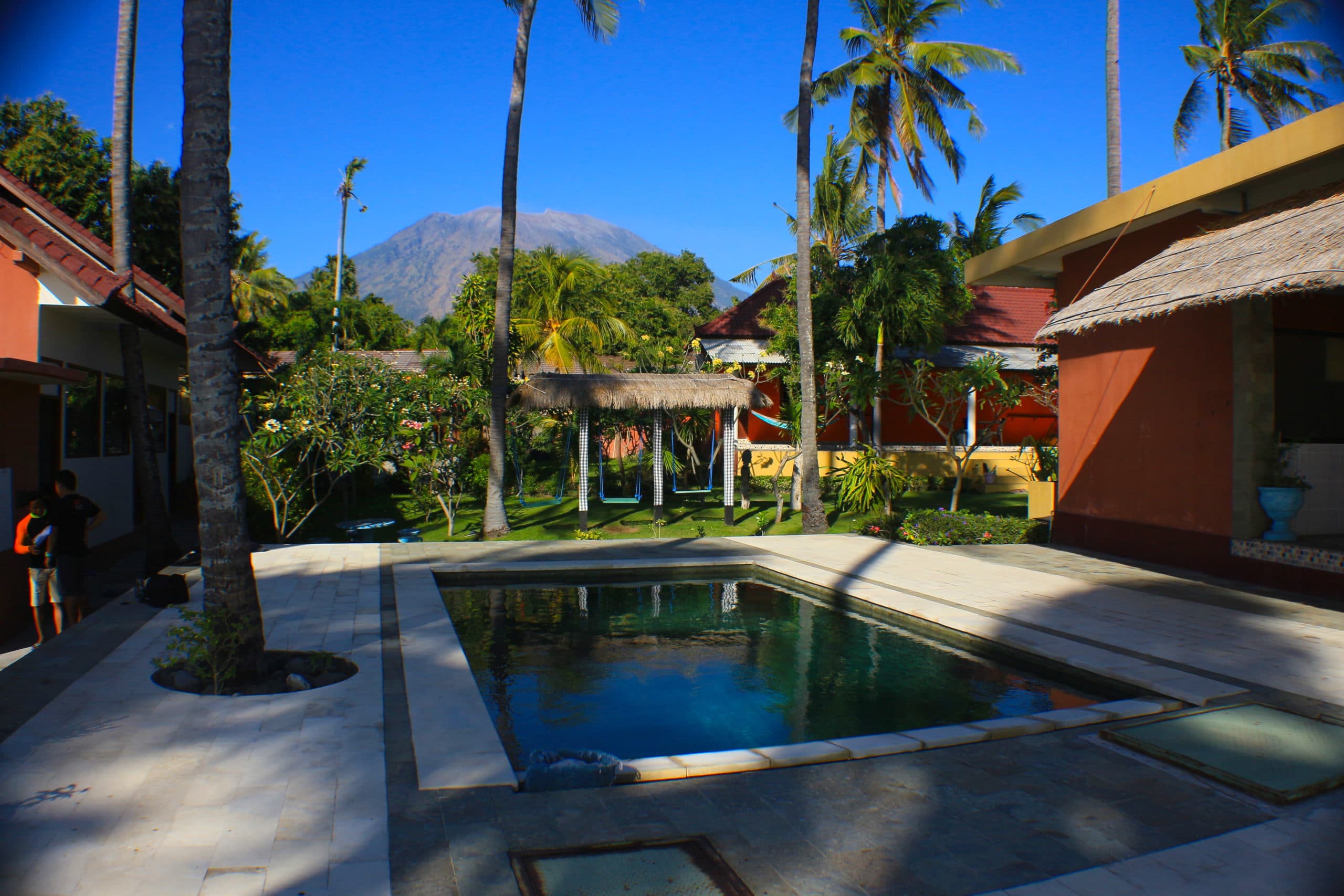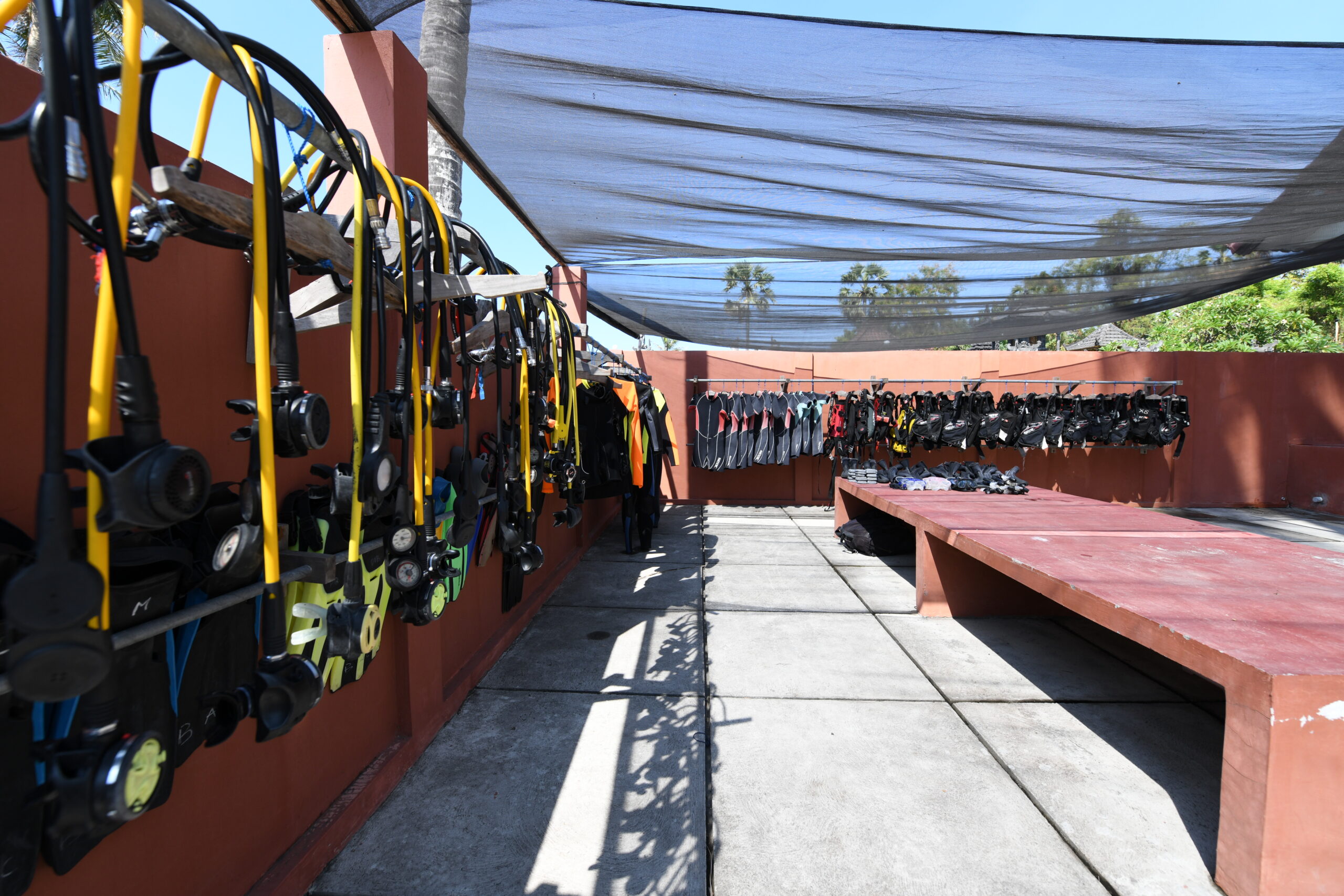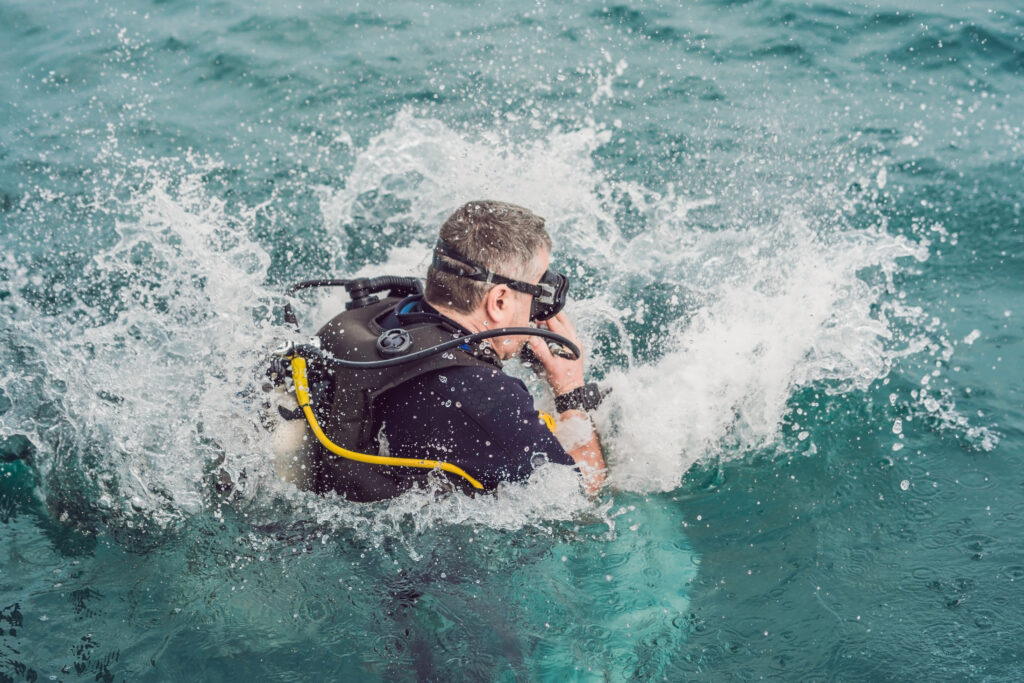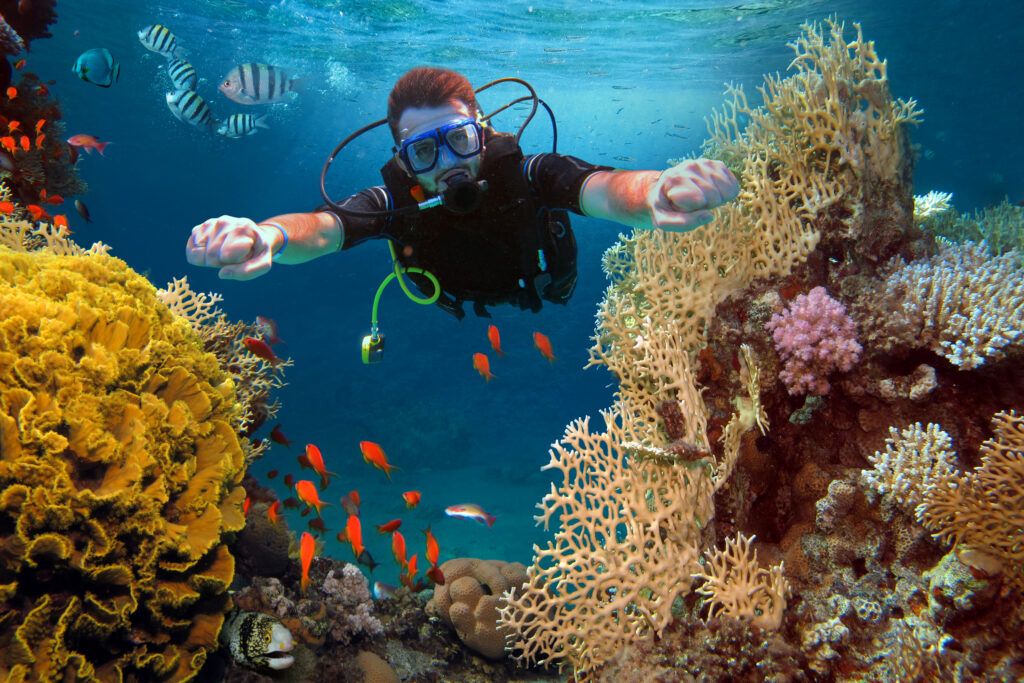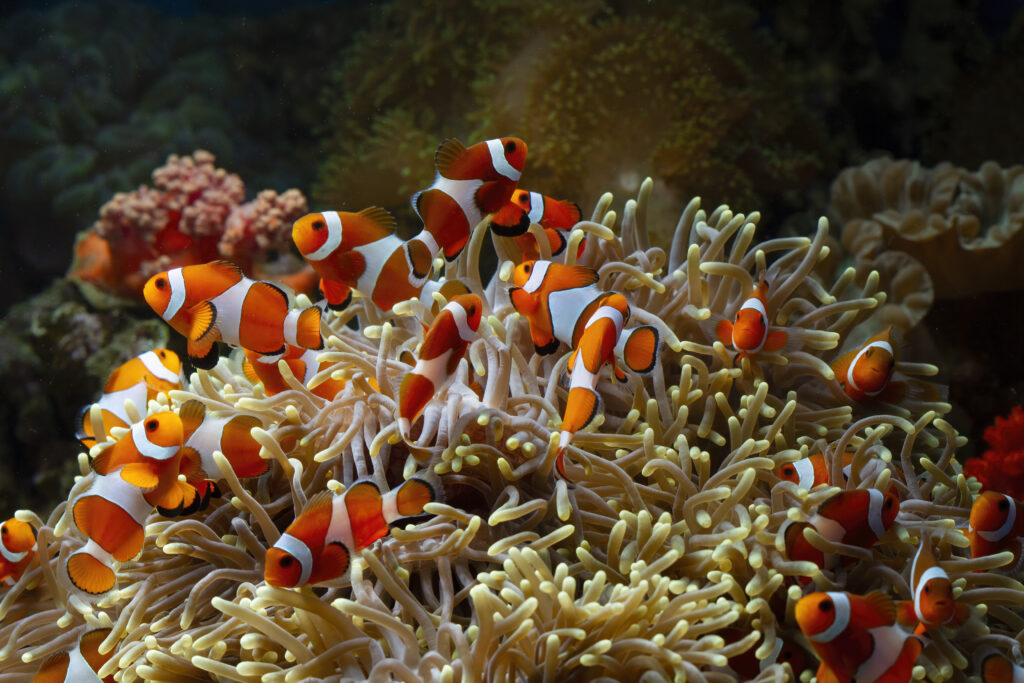The SSI Freediving Level I course is designed to introduce students to the sport of freediving and provide them with the skills and knowledge necessary to safely freedive to depths between 10 – 20 meters. The course is comprised of four parts:
1. Classroom: The classroom portion of the course covers the basic theory of freediving, including physiology, safety procedures, and freedive planning.
2. Breathing session: This is a practical training session on land to understand breathing techniques where you will calm your mind and focus on your breathe. With much practise to also train your lung capacity.
3. Pool: The pool session is designed to give students the opportunity to practice freediving techniques in a safe and controlled environment. Students will practise breath-hold techniques, equalization, finning techniques and emergency procedures. You will complete at least 2 pool/confined water sessions.
4. Open Water: The open water sessions are where students put their newly learned skills to the test. Students will make at least two dives to push depths between 10 – 20 meters, with the goal of becoming comfortable and confident in their abilities.
5. Final Exam: The final exam is a written exam that tests students’ knowledge of the material covered in the course. Upon successful completion of the exam, students will receive their SSI Freediving Level I certification.
